Navigate Japan’s unique customs with confidence by learning essential cultural taboos to show respect and make a positive impression.
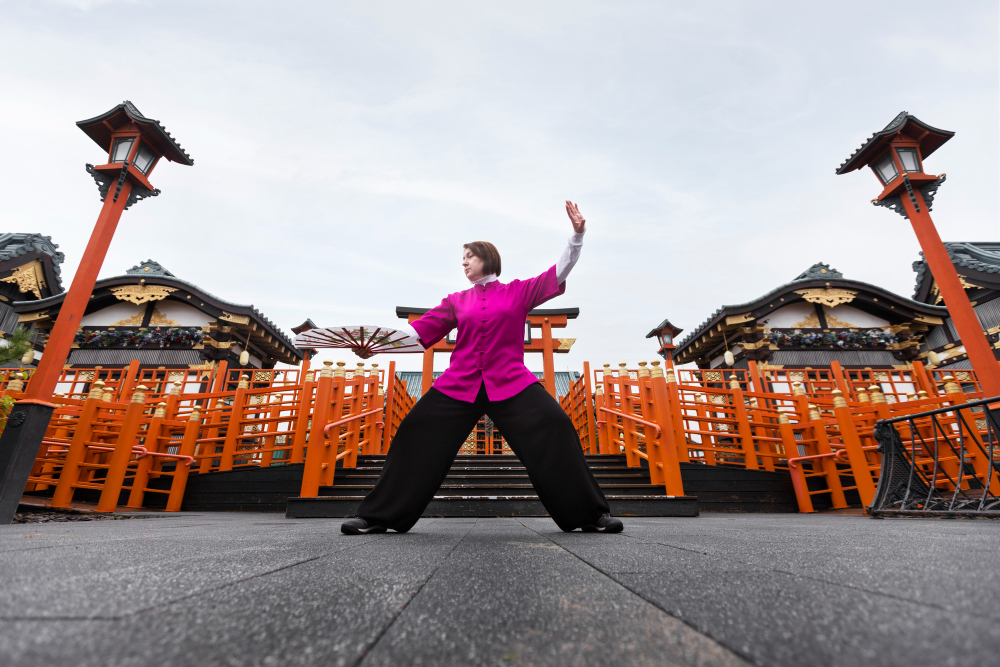
Planning a trip to Japan? Knowing the cultural dos and don’ts can help you show respect and avoid unintentional offense. Japan is a country rich in tradition, and certain actions can be considered impolite or even disrespectful. From proper dining etiquette to social norms, understanding these taboos will enhance your travel experience and help you blend seamlessly into Japanese culture. Here are seven key cultural taboos to keep in mind.
1. Don’t Stick Chopsticks Upright in Rice
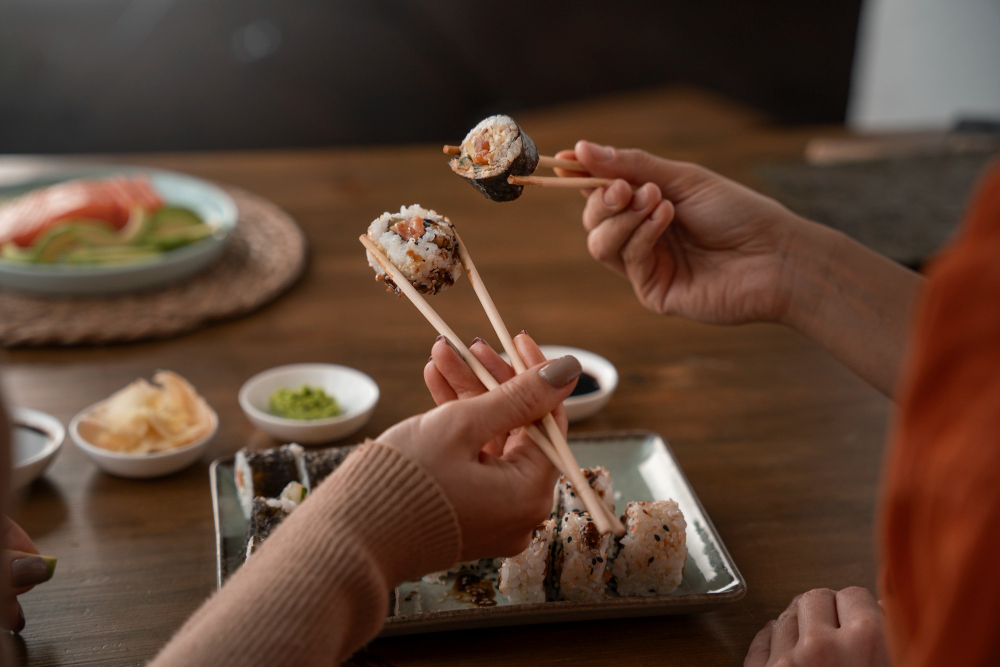
In Japan, placing chopsticks upright in a bowl of rice is a serious cultural taboo, as it resembles a traditional funeral ritual called tsukitate-bashi, where chopsticks are left in rice to honor the deceased. This act is associated with death and mourning, making it highly inappropriate during meals. Instead, rest your chopsticks on the provided holder or lay them neatly across your bowl. Showing awareness of this custom demonstrates respect for Japanese cultural practices and etiquette when dining with locals.
2. Avoid Loud Public Phone Conversations
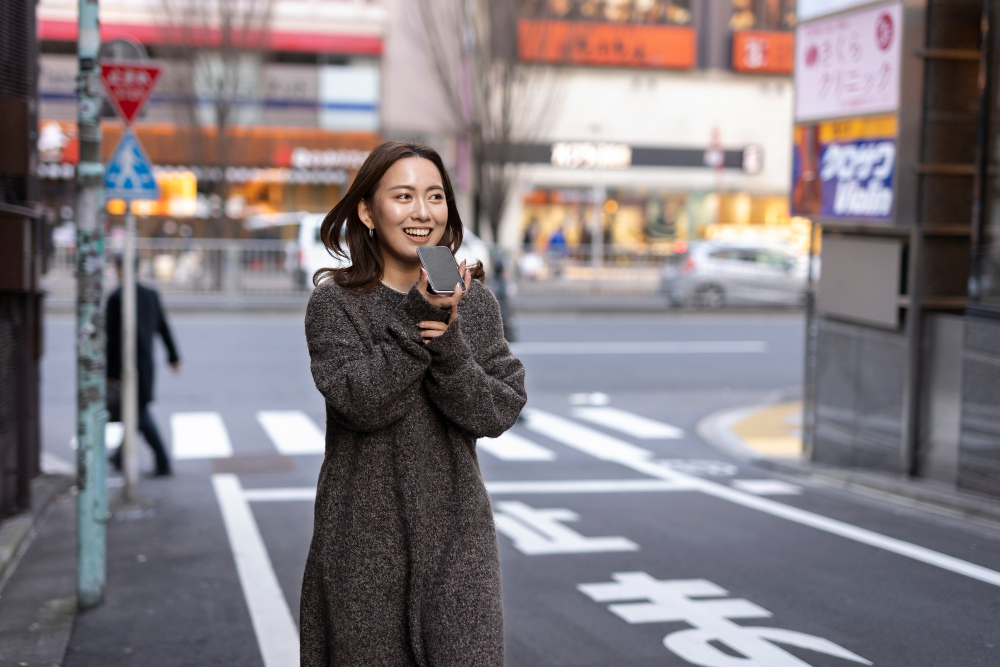
Public spaces in Japan, especially on transportation, are expected to be quiet and respectful environments. Speaking loudly on the phone or having loud conversations in public is considered rude and disruptive. Japanese people often switch their phones to silent mode, taking calls in private or designated areas when necessary. By following this custom, you’ll show consideration for those around you and fit seamlessly into Japan’s respect-centered society, which values maintaining a calm, peaceful public atmosphere.
3. Don’t Tip for Services
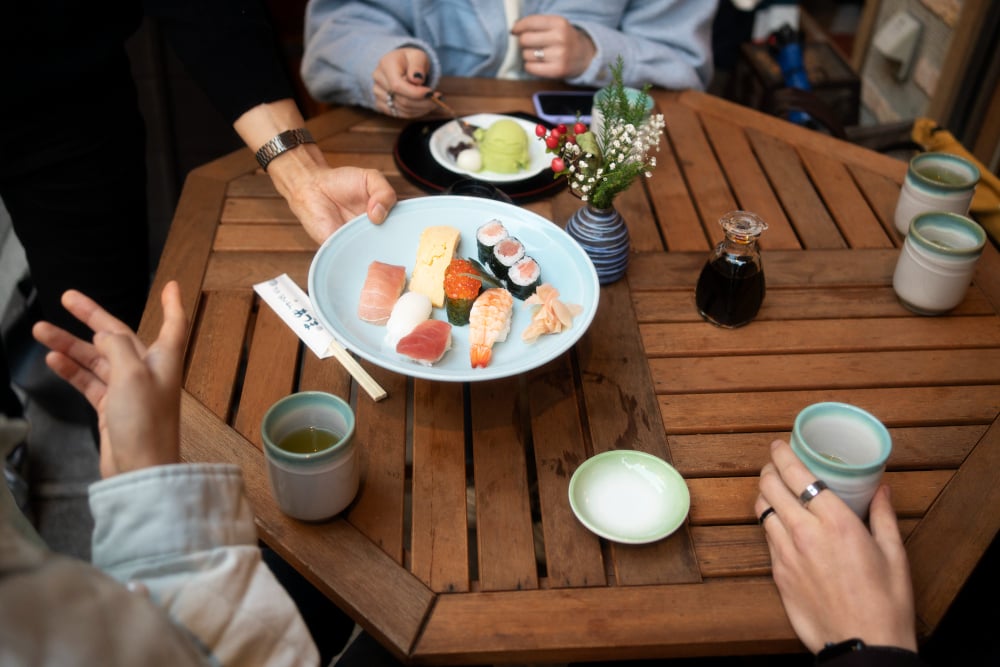
Unlike in many Western countries, tipping for services in Japan is not customary and can even be perceived as rude or confusing. Japanese culture emphasizes exceptional service as a standard, meaning extra payment isn’t expected or required. Leaving a tip might lead to embarrassment for the recipient, who may even refuse it. Instead, show appreciation through a sincere “thank you” or a small gift, which is considered polite and culturally appropriate in Japan.
4. Remove Your Shoes Indoors
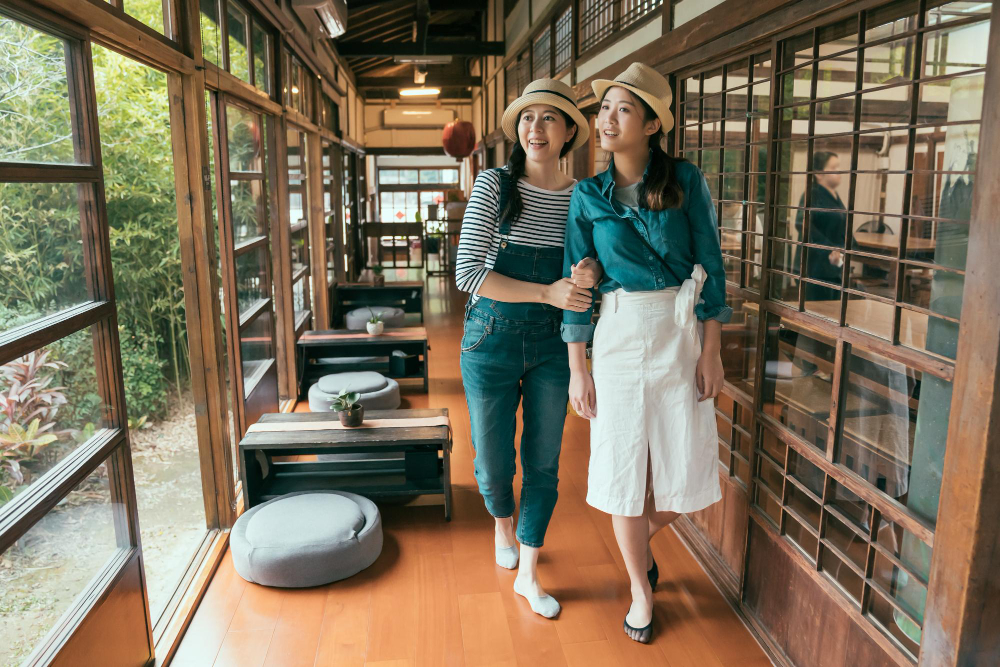
In Japan, shoes are considered dirty and inappropriate for indoor spaces, especially in homes, traditional inns, temples, and some restaurants. Upon entering, you’ll usually find a designated area to leave your shoes and often slippers provided for guests. This practice not only keeps indoor spaces clean but also shows respect for the host’s space. By observing this custom, you demonstrate cultural sensitivity, and you’ll be welcomed warmly in these settings, whether in a private home or a public venue.
5. Avoid Pointing with Your Finger

In Japanese culture, pointing at people or objects with your finger is seen as intrusive and impolite. When you need to indicate a direction or object, use an open hand gesture or nod subtly. This alternative is viewed as more respectful and considerate. This small adjustment can have a big impact on how you’re perceived, showing that you’re mindful of Japanese customs and considerate of others. Practicing this respectful gesture will help you communicate smoothly and politely.
6. Don’t Pour Your Own Drink

During meals and social gatherings in Japan, it’s customary to pour drinks for others rather than pouring your own. When someone’s glass is empty, pour for them, and they will return the gesture by refilling yours. This practice fosters connection, appreciation, and reciprocity within the group. By observing this tradition, you show respect for Japanese hospitality customs, and your hosts or companions will likely see you as a considerate and culturally aware guest, enriching the social experience.
7. Be Mindful of Personal Space
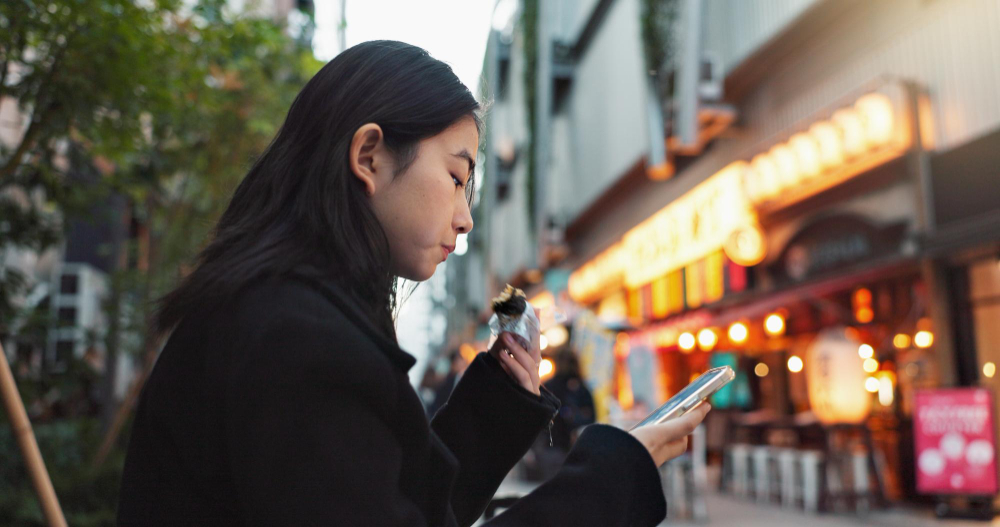
Respect for personal space is fundamental in Japan, where people, even in crowded areas, strive to avoid unnecessary contact. Touching, pushing, or standing too close can make locals feel uncomfortable. Japanese people tend to keep a respectful distance, even in busy places, and subtly shift to avoid brushing against others. Adapting to this unspoken rule of personal space shows cultural sensitivity and consideration, helping you navigate Japan’s crowded settings smoothly while showing respect for Japanese social norms.
